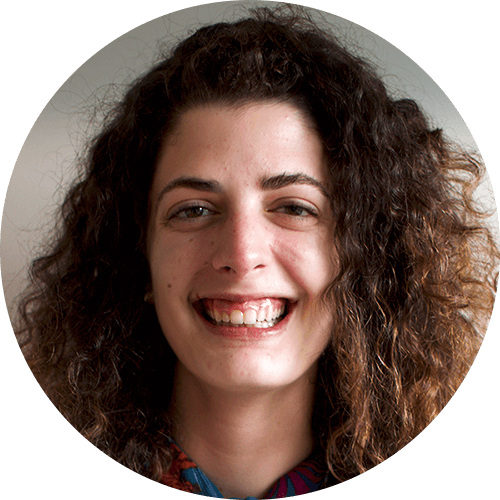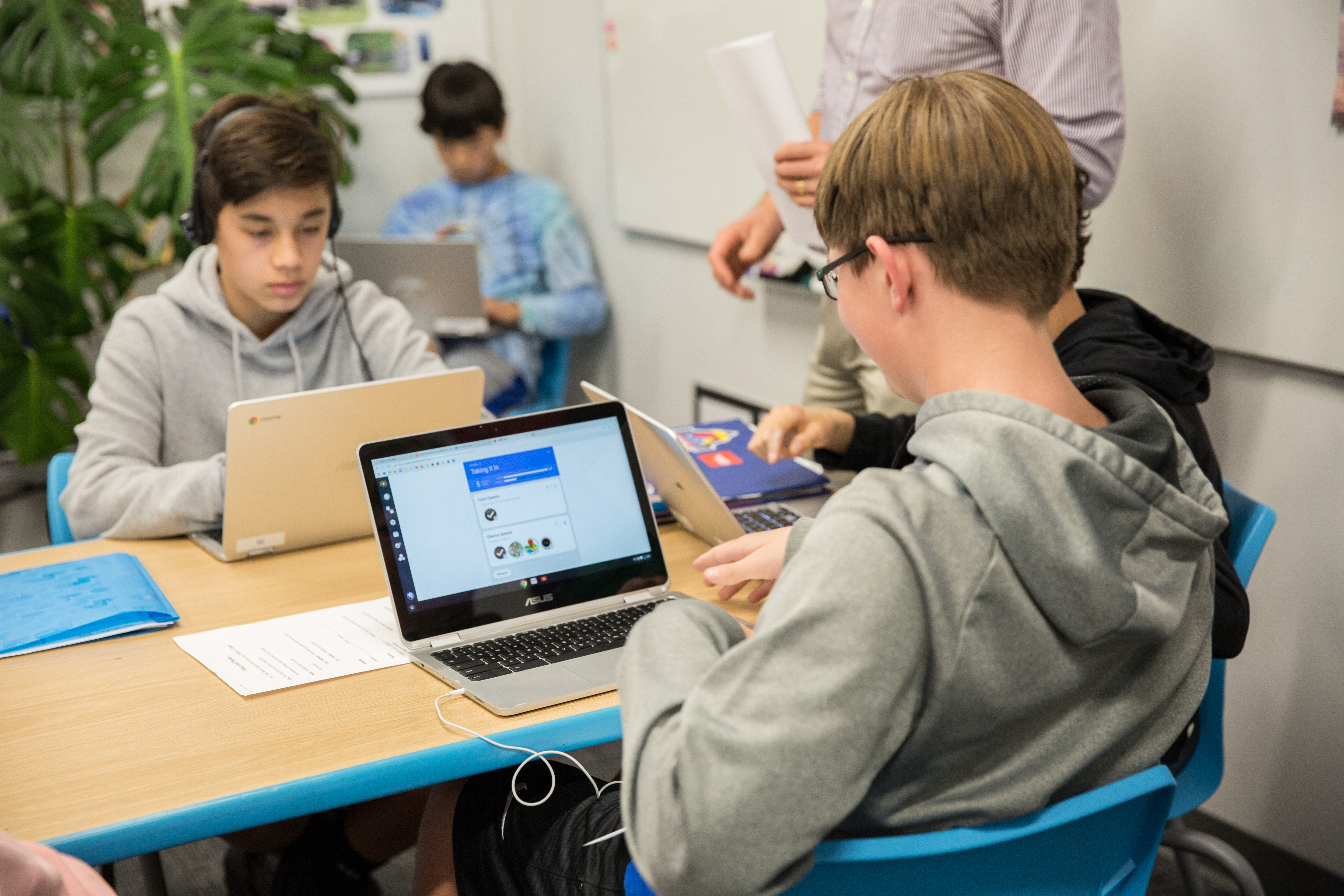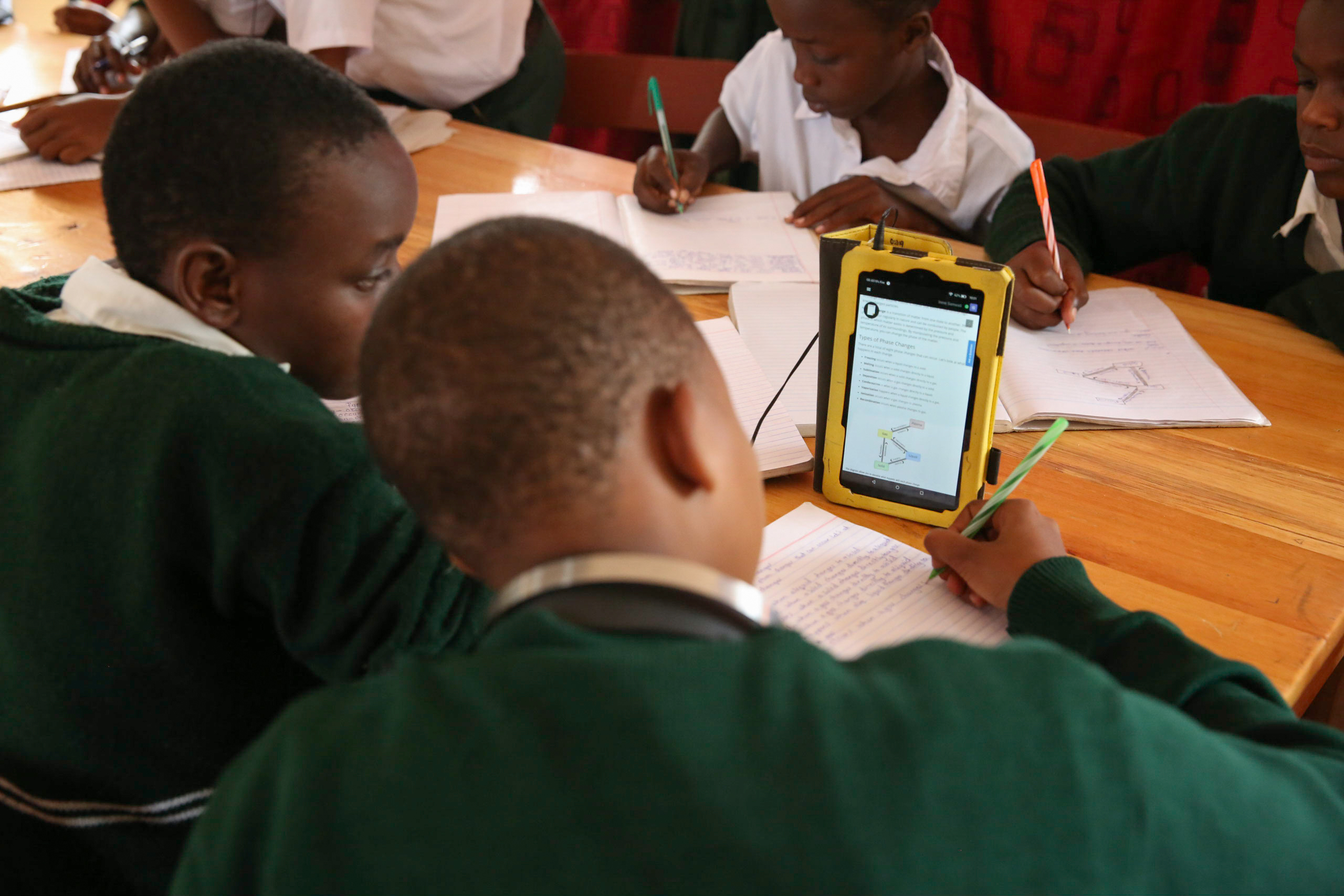Get to Know: Katie Cameron, Publication Reviewer
 Katie Cameron joined the Global Quest Review Team at its inception in 2017. The Team mainly handles the Publication Review process that all quests go through as a part of the Quest Forward Learning curriculum. As a veteran member of the Team, Katie discusses the challenges of reviewing quests from different countries, some of her favorite quests, and what she would have gotten out of Quest Forward Learning in high school.
Katie Cameron joined the Global Quest Review Team at its inception in 2017. The Team mainly handles the Publication Review process that all quests go through as a part of the Quest Forward Learning curriculum. As a veteran member of the Team, Katie discusses the challenges of reviewing quests from different countries, some of her favorite quests, and what she would have gotten out of Quest Forward Learning in high school.
What exactly is Publication Review, and how does it fit in with Quest Forward Learning?
Katie Cameron: Publication Review is the process of evaluating quests for grammatical issues, content, clarity, and alignment with Quest Forward Learning’s quality standards for curriculum designed for both American and Tanzanian schools. The review process varies for each country. After a team of internal reviewers from the Tanzanian team submits each Tanzanian quest for review, the Global Quest Review Team copyedits that quest before reviewing it in a separate in-depth analysis of its content. U.S. quests are copyedited by a member of the US Curriculum Team before being submitted for Publication Review.
Because all quests use contemporary articles, videos, and websites to facilitate each lesson, the Global Quest Review Team closely screens and examines all resources to ensure the links contain appropriate, functional content in a thoughtfully-organized way. If a quest meets the standards established in the Quest Publication Review Guidelines, respective of each country’s unique educational needs, it is published for student use. If not, the Global Quest Review Team uses standardized responses to suggest how the quest could be revised to better align with Quest Forward Learning’s standards. It is then returned for edits. This process of revision and peer review aligns with Quest Forward Learning’s belief that we learn better together.

What are some of your favorite quests that you’ve reviewed, and why?
KC: I love the quest Were You Raised By Wolves?, in which learners consider ideas of how we define home through their analysis of Karen Russell’s short story “St. Lucy’s Home for Girls Raised By Wolves.” The quest is open-ended and does an excellent job of being respectful of all the ideas that learners are capable of bringing to the table. It’s a poignant reflection of the growing pains that come with adolescence, topics I wish I could have studied and thought more about while I was that age.
In a similar vein, I think the quests Conversations Are an Act of Love are absolutely beautiful. Across two quests, learners conduct StoryCorps-like interviews with family members to come up with their own interpretation of family and how to connect with those closest to them. Any quest that gets teenagers to think about their parents as people is a feat unto itself.
What is the most satisfying part of your job? Most challenging?
KC: It’s wonderful to work with a quest designer to help a quest with a lot of potential draw on its strengths and really shine. I always find it gratifying to publish a quest that I’m proud of being affiliated with — especially if I learned something new from it in the process.
The most challenging aspect of this work is being aware of the cultural divisions between myself, a white American woman, and the Tanzanian team. Throughout my two years working for this organization, I’ve learned a lot about Tanzania’s school system, but there will always be a cultural gap between myself as an editor and the Tanzanian quest designer that I’m working with that I have to be cognizant of as I review their work. It’s a simple fact that I won’t understand the nuances of everything I’m reading outside a Tanzanian context, so it’s immensely beneficial that the Global Quest Review Team works closely with a Tanzanian cultural panel to discuss cultural misunderstandings.

What do you do when you’re not working for Opportunity Education?
KC: When I’m not working, I spend most of my time running, traveling — I just finished my first cross-country drive, in a 2002 Honda Civic, no less — and making my Italian mother proud by testing out new recipes on my (sometimes willing) housemates.
What were you like as a high school student, and what part of Quest Forward Learning do you wish you could have benefited from/what would you have gravitated toward?
KC: I was the classic overachiever in high school, involved in sports and music and Hermione Granger-levels of academic work. I did well, but a large reason was because I knew exactly how to do well — take this class with this teacher, answer the same kinds of test questions that you’ve answered for the last twelve years — and in many classes, I didn’t feel particularly challenged.
Looking back, the student-driven aspects of Quest Forward Learning would have encouraged me to pursue knowledge that I had legitimate interest in, rather than strategically taking classes to rack up the best GPA and class ranking. Ideally, in a learning environment like a Quest Forward Academy, I would have developed sharper creative and critical thinking skills at a younger age.
What’s the best advice you’ve ever gotten from a mentor?
KC: Some time ago, a retired friend reminded me that one of the biggest advantages of youth is having the ability to pivot toward new opportunities. She told me that, contrary to what your nagging aunt at family reunions says, success is defined in more ways than obtaining the career goal that you arbitrarily picked at 18. Human connection matters, being brave matters, and welcoming change — and the growth that comes in tow — matters just as much, if not more.
